In a pivotal meeting on Saturday, Chinese President Xi Jinping and his U.S. counterpart, Joe Biden, reaffirmed their commitment to maintaining dialogue, fostering cooperation, and steering clear of conflict.
The past years have seen China-U.S. ties go through ups and downs. In Washington, a widespread zero-sum mentality against China has hardened into policies to stymie the Asian country's development.
There is "a bipartisan consensus (in Washington) that strategic competition with China should continue, even if there is little agreement on America's ultimate goal for this strategy," Yilun Zhang, research associate and manager of the Trade 'n Technology program at the Institute for China-America Studies, said in a written statement to Xinhua.
From tariffs to restrictions on semiconductor technology, these measures have not only dampened bilateral ties but have reverberated through global supply chains.
Meanwhile, China and the United States hold divergent worldviews. China has championed a vision of a more equitable, sustainable, and inclusive global community, while Washington has sought to maintain its longstanding position of dominance.
Despite these profound differences, Saturday's high-level engagement underscored a shared understanding: with the stakes so high, neither side can afford the peril of confrontation.
The two sides should keep exploring the right way for two major countries to get along well with each other, and realize long-term, peaceful coexistence on this planet, Xi said during the meeting.
"The Thucydides Trap is not a historical inevitability. A new Cold War should not be fought and cannot be won," said Xi during the meeting on the sidelines of the 31st APEC Economic Leaders' Meeting in Peru's capital Lima.
In the past years, certain American politicians, academics, and media outlets have clung to a zero-sum mentality, warning of the so-called "Thucydides Trap" -- the idea that a rising country inevitably provokes fear in an established one, leading to conflict or war.
China, however, has consistently rejected this premise. In a world shaped by globalization, where nations are deeply interconnected and their interests profoundly intertwined, China argues that the old paradigms of power politics and survival of the fittest must yield to a more cooperative vision, one that seeks to build a community with a shared future for mankind.
"The United States can save itself the huge costs that would result from battling China across key issues by adopting a mutually beneficial path," said Denis Simon, a long-time U.S.-China relations specialist and former Executive Vice Chancellor at Duke Kunshan University.
"Mutual respect, greater cross-cultural sensitivity, and enhanced reciprocity can lead to win-win outcomes," said Simon.
In the meeting on Saturday, Xi called on the U.S. side to have a correct strategic perception of China and treat each other as equals.
China's goal of a stable, healthy and sustainable China-U.S. relationship remains unchanged, Xi said, adding that its commitment to mutual respect, peaceful coexistence and win-win cooperation as principles for handling China-U.S. relations remains unchanged.
Biden, for his part, emphasized that the U.S.-China relationship is the most important bilateral relationship in the world.
The United States does not seek a new Cold War, it does not seek to change China's system, its alliances are not targeted against China, it does not support "Taiwan independence," it does not seek conflict with China, and it does not see its Taiwan policy as a way to compete with China, Biden said.
In the past four years, the two presidents have jointly brought China-U.S. dialogue and cooperation back on track. More than 20 communication mechanisms have been restarted or established, and positive achievements have been made in such areas as diplomacy, security, economy, trade, fiscal affairs, finance, military, counternarcotics, law enforcement, agriculture, climate change, and people-to-people exchange.
"The immediate need now is to preserve, enhance, and solidify communication between the two countries," said Zhang.
"As the political dust settles from this election cycle, people-to-people exchanges will be just as crucial as diplomatic ones," he said, referring to the just finished U.S. presidential election, where former U.S. President Donald Trump won the race.
"The next generation must continue engaging with one another, not only to reduce misunderstandings but also to deepen the pool of China expertise within the United States," he added.
During his first term, the Trump administration embraced an "America First" doctrine that saw sweeping tariffs imposed on U.S. trading partners. Following his victory, concerns about heightened protectionism are once again spreading globally.
"We hope China will continue to champion the message of keeping the global trade system open," said Carlos Aquino, director of the Center for Asian Studies at Peru's National University of San Marcos.
"It is important that the message of (safeguarding) a free and open trade system will continue being advocated by President Xi," he said.








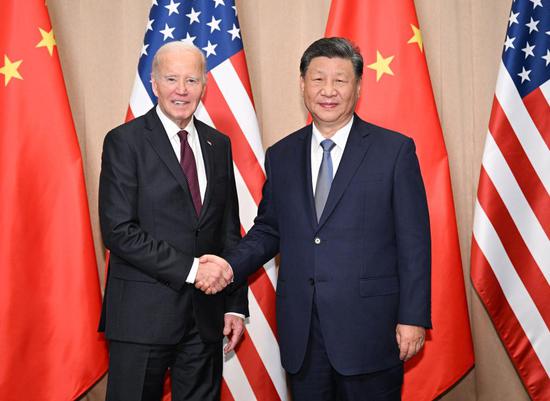
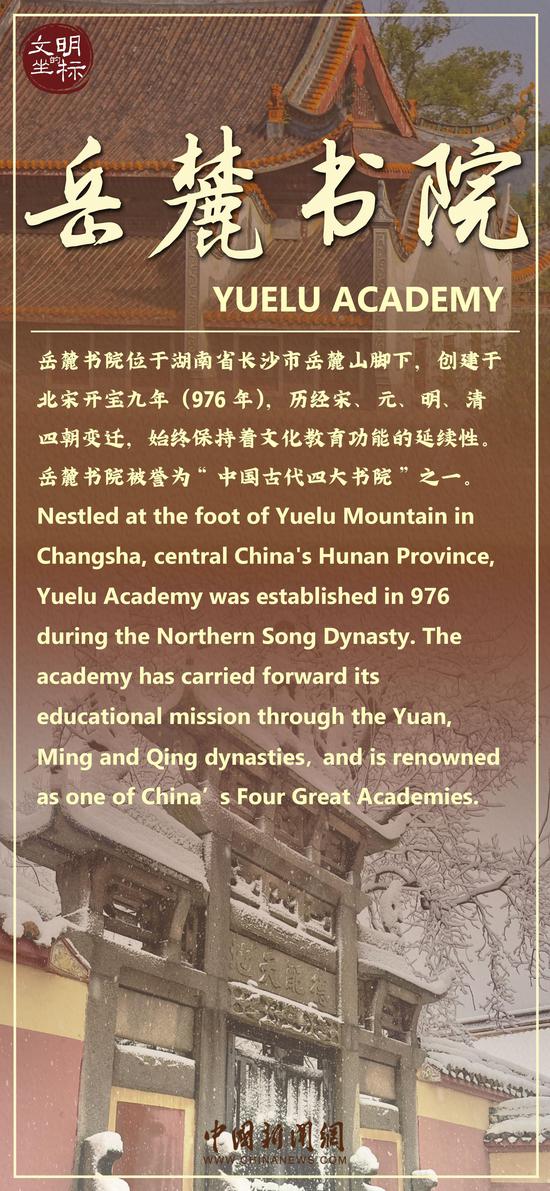
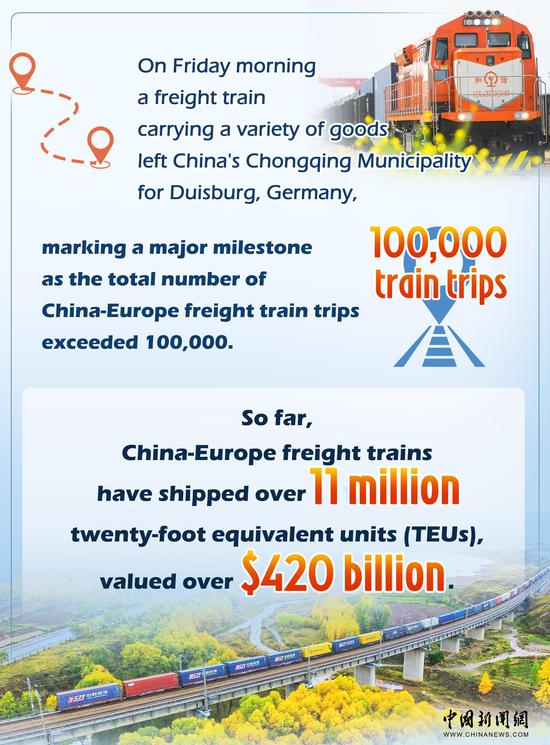
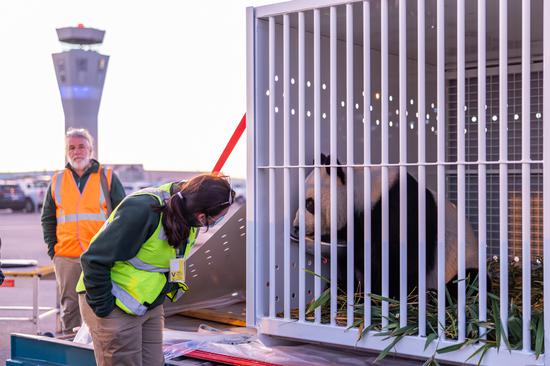
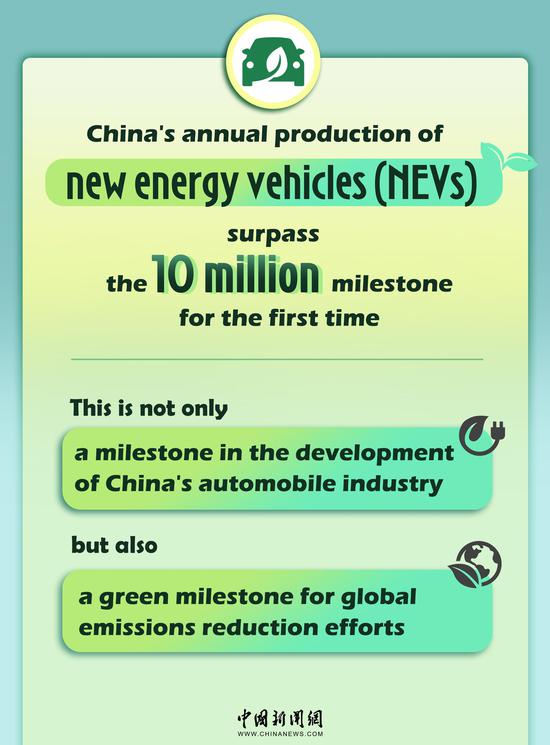

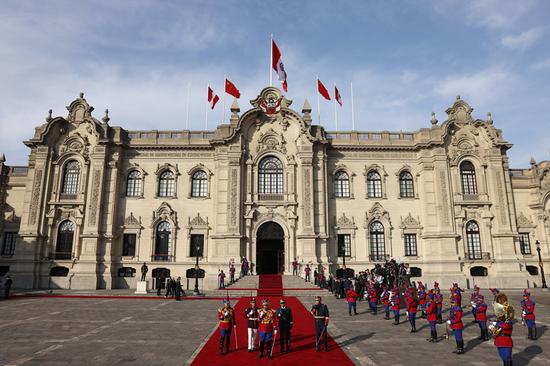
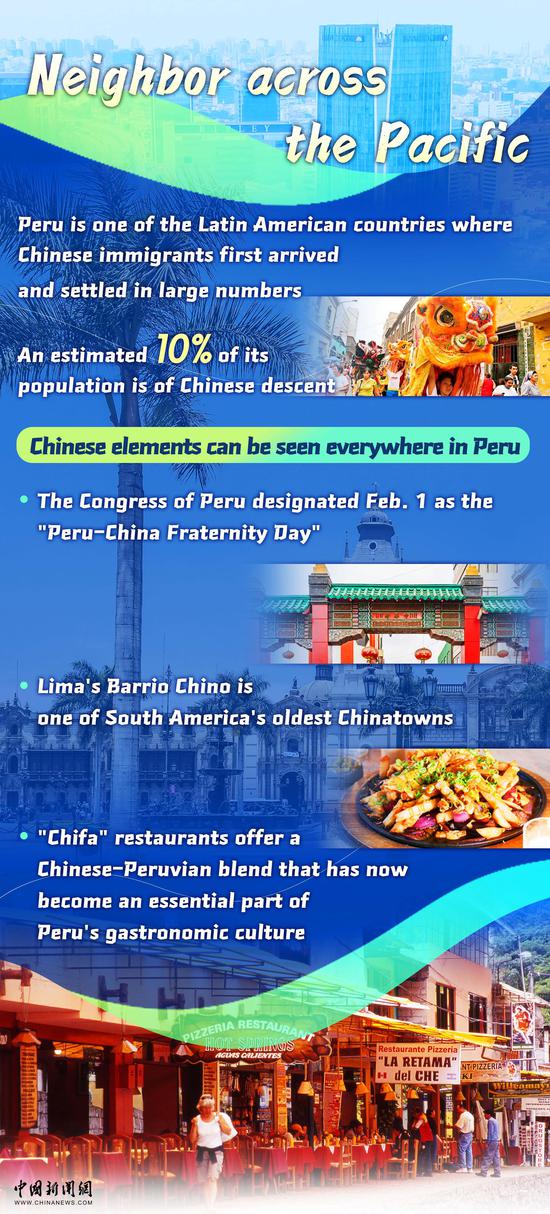
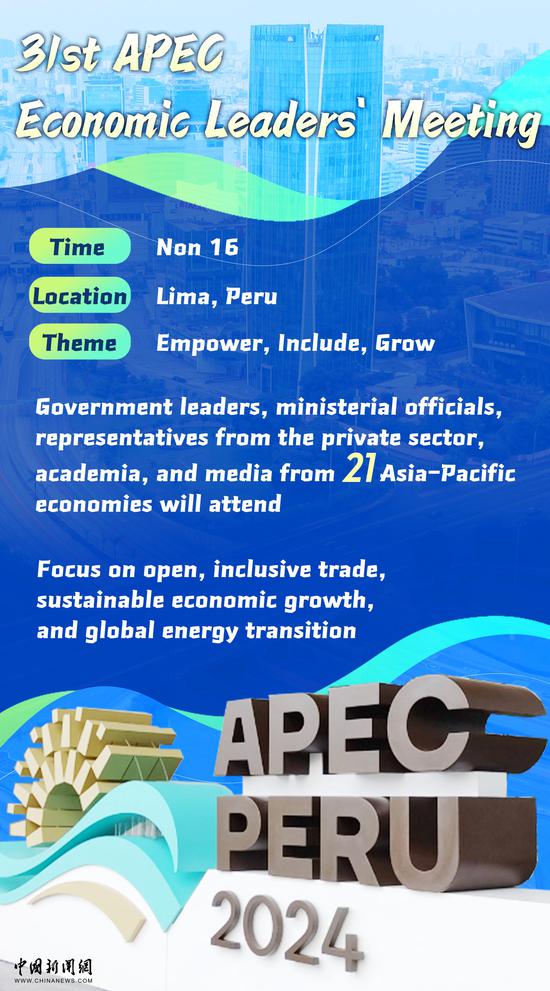
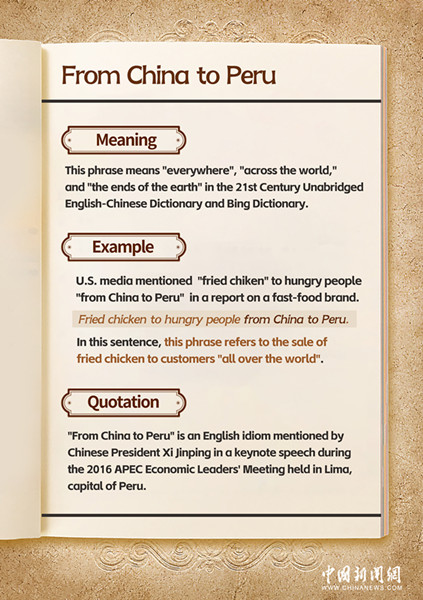
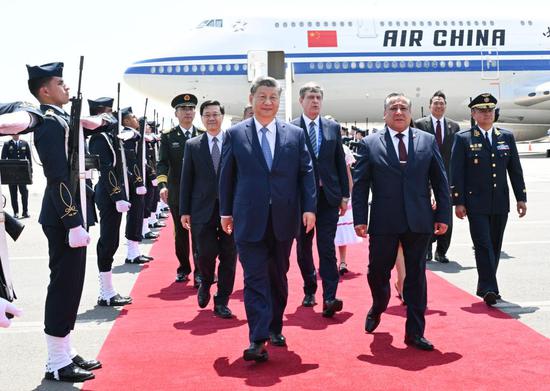


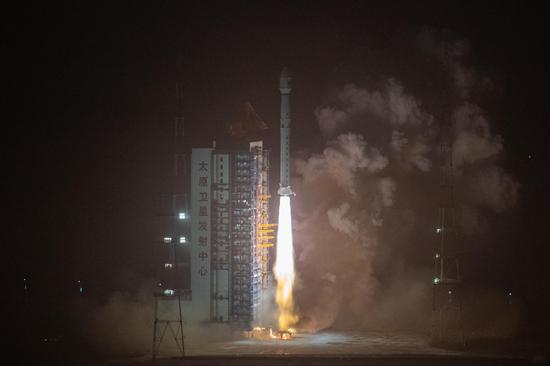
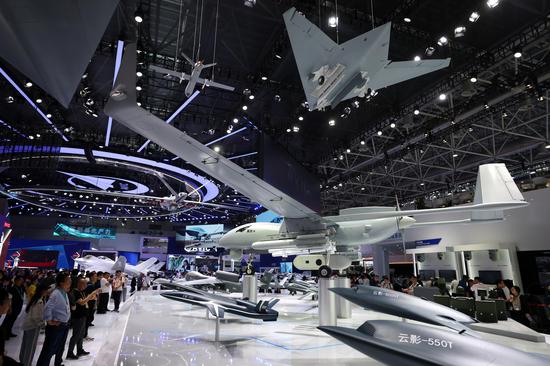
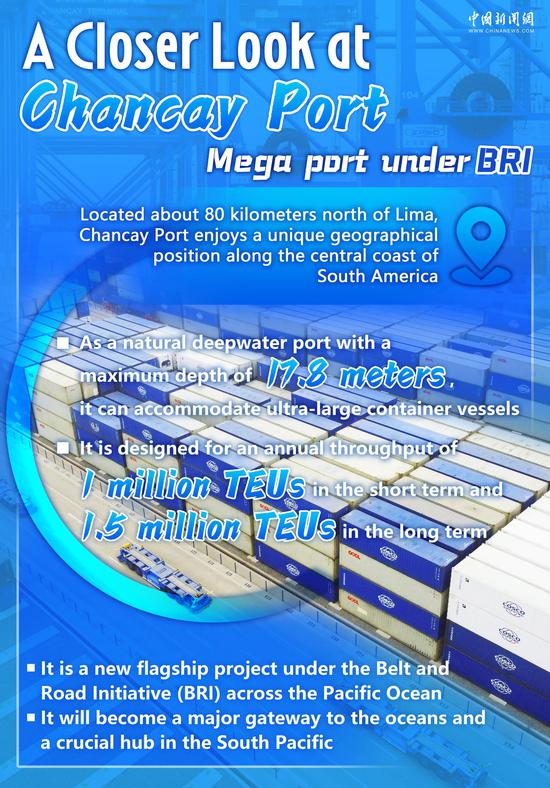
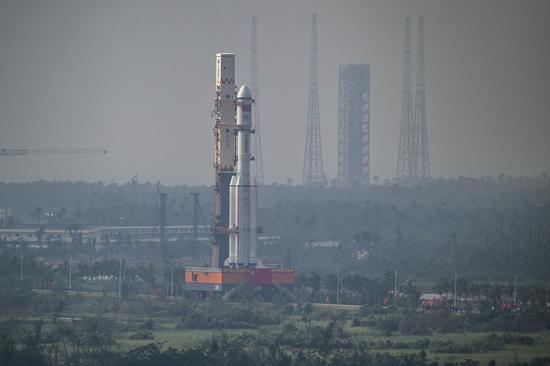
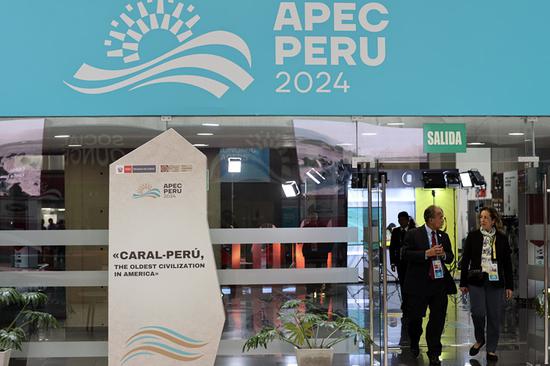



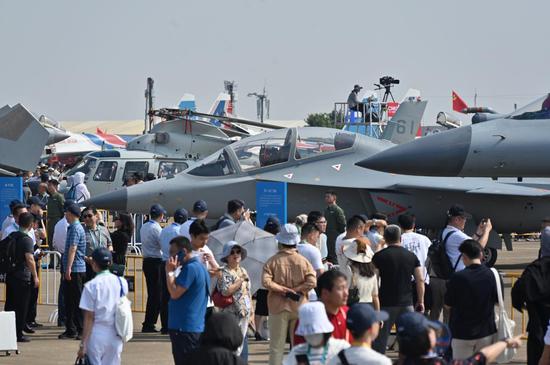




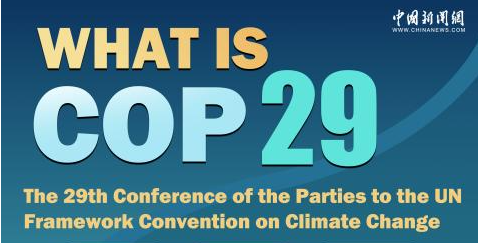

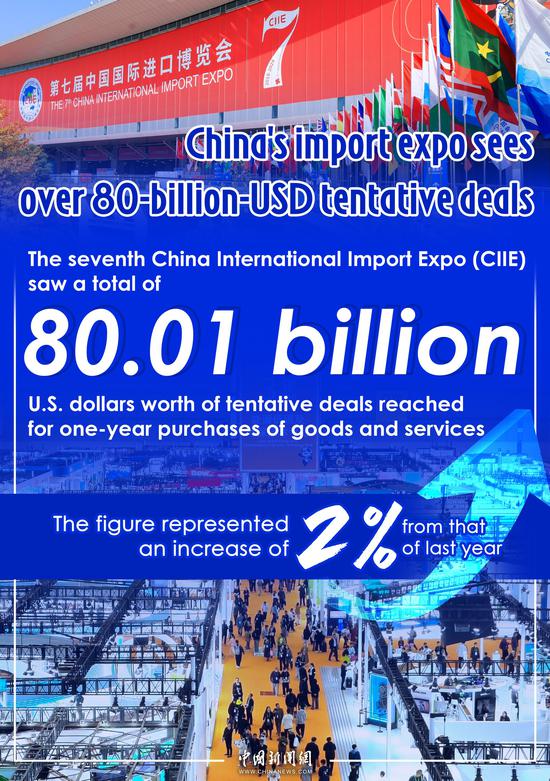
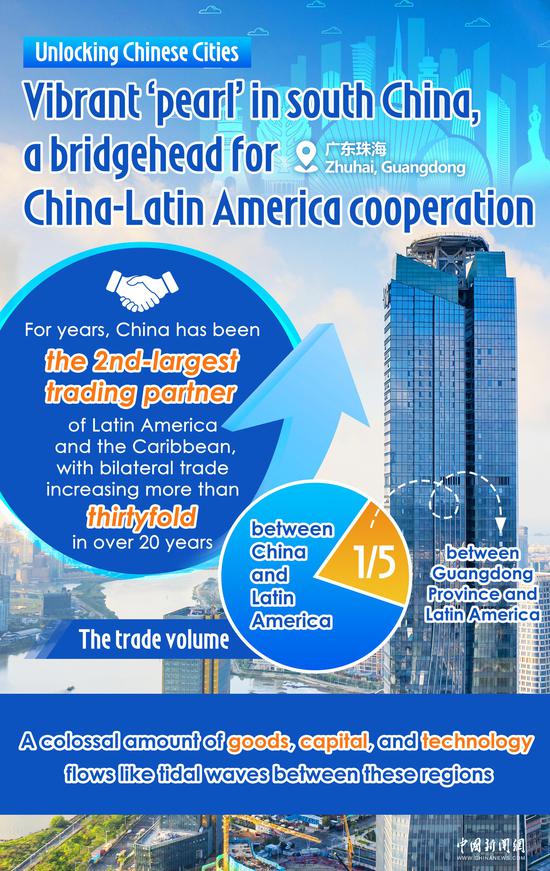
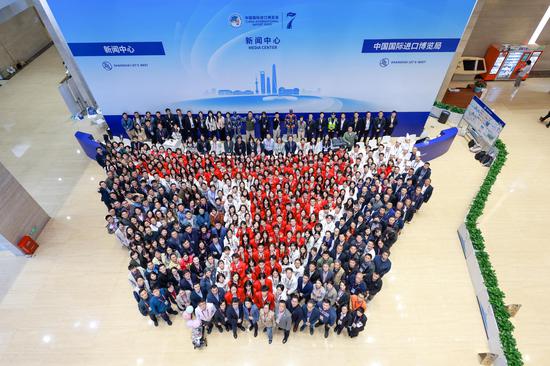
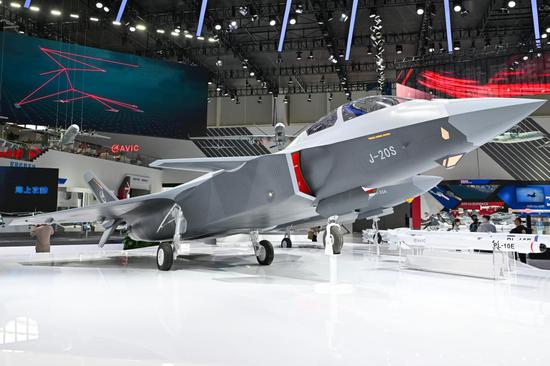

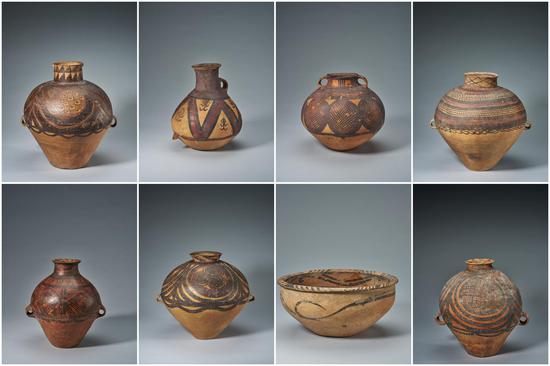








 京公网安备 11010202009201号
京公网安备 11010202009201号